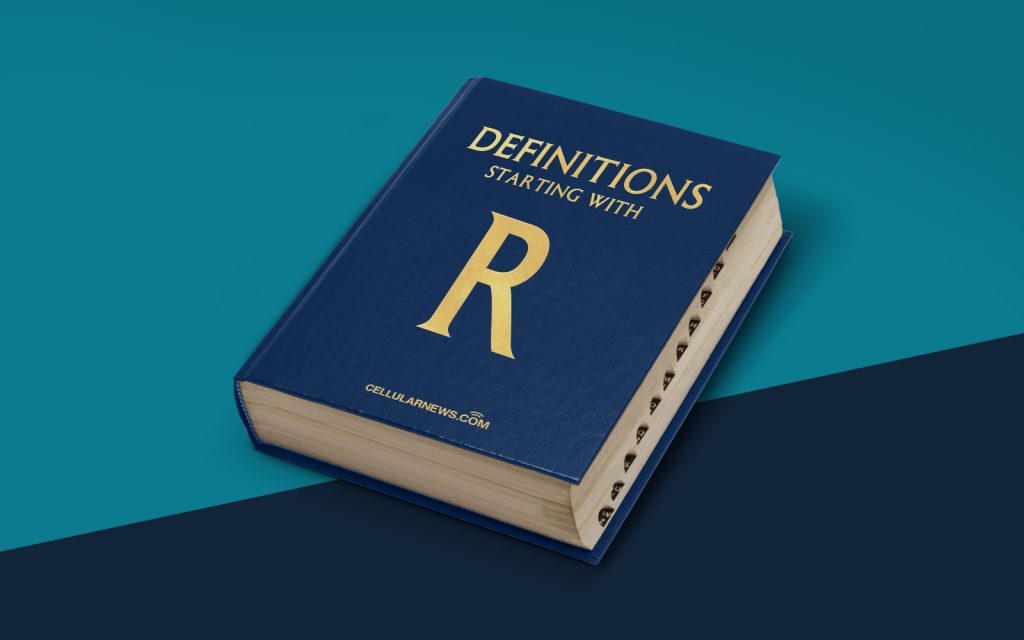
Welcome to the Wonderful World of Ruby!
Are you curious about Ruby and what it is all about? Look no further! In this article, we will explore the fascinating world of Ruby, the programming language that has captured the hearts of developers worldwide. So, grab your virtual notepad and get ready to dive into the world of Ruby!
Key Takeaways:
- Ruby is an object-oriented programming language created by Yukihiro Matsumoto.
- Ruby is known for its simplicity, productivity, and elegant syntax.
What is Ruby?
Ruby is an object-oriented programming language that was created by Yukihiro Matsumoto, also known as Matz, in the mid-1990s. It was designed to be a language that was easy to read, write, and understand, with a focus on simplicity and productivity. Ruby draws inspiration from various programming languages, including Perl, Smalltalk, and Eiffel.
At its core, Ruby is a powerful, flexible, and expressive language that allows developers to write code that is both concise and elegant. It has a clear and intuitive syntax that emphasizes readability, making it easy to follow and understand even for beginners.
Why Choose Ruby?
Now that we know what Ruby is, let’s take a closer look at why you might want to choose Ruby as your programming language of choice:
- Easy to Learn: If you are new to programming or looking for a language that is beginner-friendly, Ruby is an excellent choice. Its syntax is straightforward and easy to understand, allowing you to focus on learning programming concepts rather than wrestling with complex syntax.
- Rich Ecosystem: Ruby has a vibrant and supportive community that has contributed to building a rich ecosystem of tools, libraries, and frameworks. Whether you’re developing web applications with Ruby on Rails, scripting automation tasks with Sinatra, or exploring data analysis with Ruby gems, you’ll find a wealth of resources and support to help you along the way.
Other benefits of choosing Ruby include its strong focus on developer happiness, which is reflected in its elegant and human-readable code. This, combined with its object-oriented nature, allows for easy collaboration and code maintenance.
So, if you’re looking for a programming language that is both powerful and enjoyable to work with, Ruby might just be the perfect choice for you!
In Conclusion
Ruby is an extraordinary programming language that offers developers a balance of power, simplicity, and elegance. Whether you’re a beginner getting started in the world of programming or an experienced developer looking for a new challenge, Ruby has something to offer everyone. With its friendly community, extensive ecosystem, and focus on developer happiness, Ruby is a language worth exploring.
So, what are you waiting for? Dive into the wonderful world of Ruby and let your creativity thrive!
